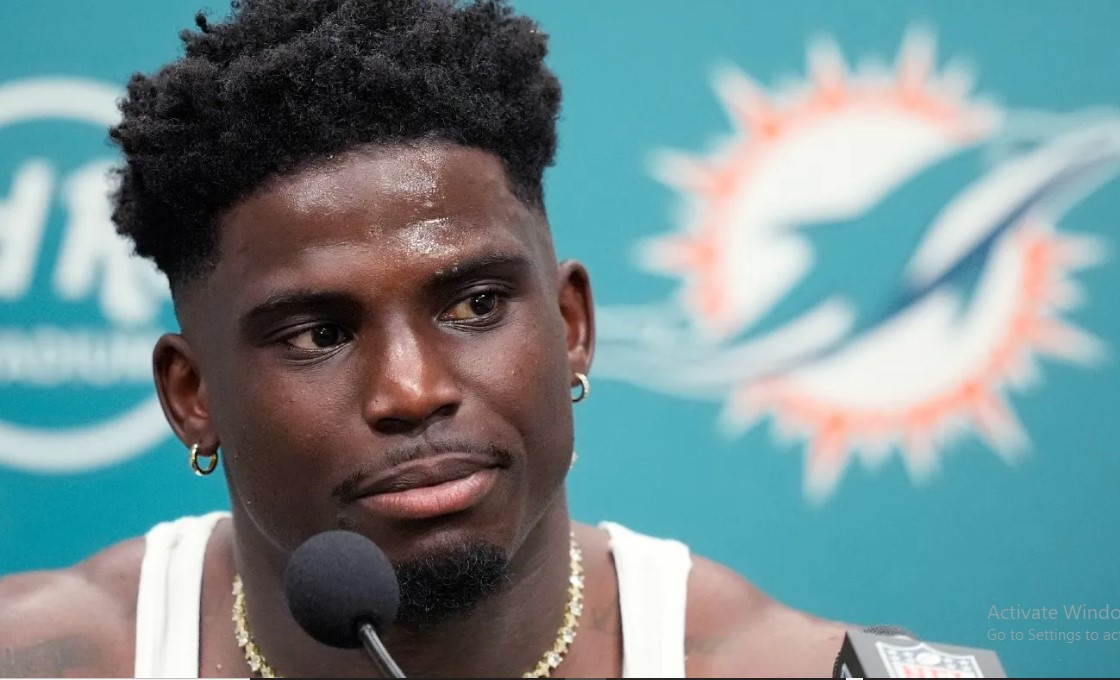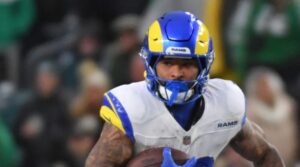
The Tyreek Hill incident continues to generate significant attention and controversy, with reactions from various stakeholders and ongoing discussions about the implications of the event.
Two days after the incident, Miami Dolphins defensive coordinator Anthony Weaver addressed the media, reflecting on his initial lack of awareness regarding the incident’s severity. Weaver admitted that on the day of the incident, he was focused on game preparation and had only heard vague mentions of what had occurred. “Truthfully, the day of, I didn’t quite know the severity of what had happened,” Weaver said. “I was very much locked in on the plan. I got some whispers through the locker room, but I didn’t really know exactly what had happened. There weren’t many discussions about it at the time.”
Weaver expressed that the video footage of the incident was disturbing, but emphasized his trust in the character of those involved. “Having now seen the video, it’s obvious it’s triggering for a number of reasons,” he noted. “But I have the utmost faith and belief in who they are as people and as men. My judgment is based on experience and daily interactions, not on opinion.”
The incident involved Hill and Miami-Dade Police, with controversial actions by the officers coming under scrutiny. Hill’s agent, Drew Rosenhaus, voiced strong criticism of the police officers involved. Speaking on The Dan LeBatard Show with Stugotz, Rosenhaus called for the termination of the officers, condemning their conduct as unacceptable. “For me, personally, I think the police officers that did that to Tyreek shouldn’t be in that position,” Rosenhaus stated. “They should be let go. The way they treated him was out of control. The guy who kicked him and the one who put him in a chokehold should not be on the force.”
Rosenhaus further suggested that Hill deserves an apology from the officers involved and that those who misused their authority should face consequences. “I would certainly recommend to Tyreek and his legal team to pursue this,” he added. “He deserves an apology, and those who abused their power should not remain in their positions.”
In response to the incident, the City of Miami Police Department, which was not directly involved, acknowledged the troubling nature of the body cam footage. Chief of Police Manuel Morales issued a statement expressing hope for improved relations and collaboration between law enforcement, athletes, and the community. “The body-worn camera footage is hard to watch,” Morales said. “It’s a reminder that we must always strive to do better. Despite no City of Miami Police involvement, I hope we can use this incident to build a stronger partnership between our professional athletes and the community.”
Hill himself addressed the situation with CNN’s Kaitlan Collins, reflecting on the potential severity of the incident had he not been a high-profile athlete. “If I weren’t Tyreek Hill, the situation could have ended much worse,” Hill commented. “We could have seen headlines about me getting shot or taken away in handcuffs. It’s disturbing to think about what could have happened.”
The details of the incident reveal that Hill was alleged to have been driving at excessive speed, around 60 mph, in a high-traffic area leading to the players’ entrance at Hard Rock Stadium. When officers requested Hill to keep his window down, he refused, which escalated the situation. Officers threatened to forcibly remove him from the vehicle, resulting in Hill being pulled out and placed on the ground.
One of the officers involved, Danny Torres, has been placed on administrative duty while his legal team argues for his reinstatement. Torres, a 27-year veteran and Board member of the South Florida Police Benevolent Association, faces calls for a thorough investigation of the incident. The Association has defended the officers, suggesting that Hill’s actions contributed to the escalation.
Hill was cited for reckless driving and failure to wear a seat belt. As the legal and administrative processes continue, the incident remains a focal point for discussions about law enforcement conduct and athlete rights.





